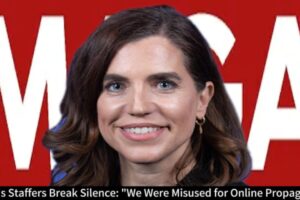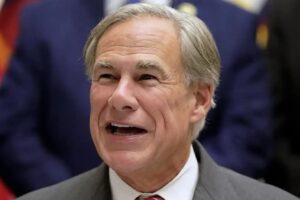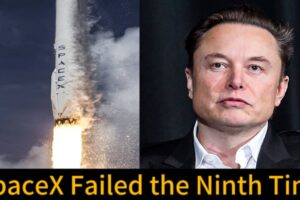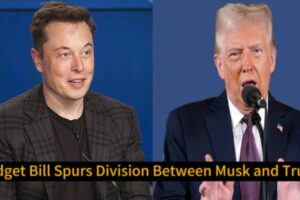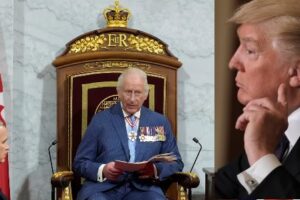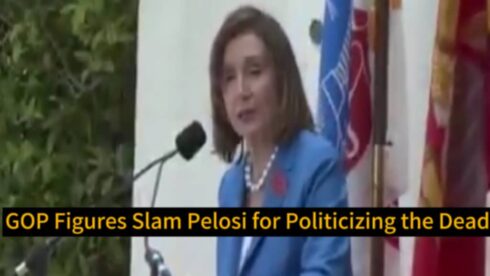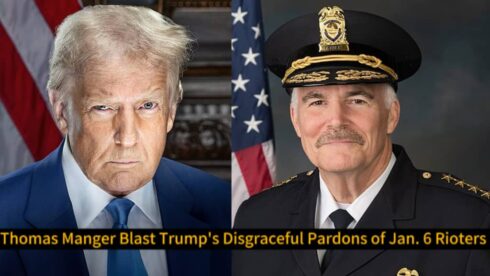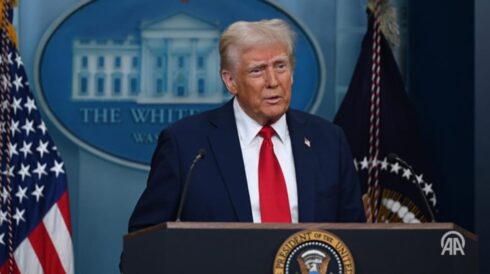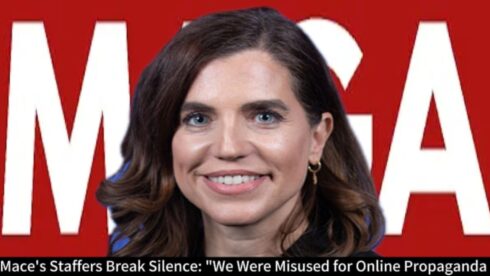Nancy Pelosi began her Memorial Day address with a solemn tribute, stating, “We stand in awe of the valor, heroism and patriotism of those who gave their lives. On this Memorial Day especially, we must come together as one nation with one destiny and echo their commitment to freedom by upholding our Constitution and preserving our Democracy.” While many hailed her remarks as a heartfelt homage to fallen soldiers, critics quickly seized upon her message as a political maneuver masked in patriotic rhetoric.
Her call to “preserve our Democracy” ignited waves across the political spectrum. Some saw it as a coded rebuke of far-right movements and ongoing threats to democratic institutions. Others, especially conservative commentators, condemned the speech as partisan exploitation of a national moment meant for unity and solemn remembrance, not ideological assertions.
A Rallying Cry or Subtle Rebuke?Decoding Pelosi’s Constitutional Plea
Nancy Pelosi’s invocation of the Constitution and Democracy during a Memorial Day statement has sparked intense speculation about underlying messages. Analysts argue that her words are not merely ceremonial but serve as a veiled critique of election denialism, insurrection, and legislative gridlock. “This wasn’t just remembrance,” one political strategist noted, “It was a red alert about democracy’s fragility.”
The reference to the Constitution in a speech honoring military sacrifice suggests a link between civic duty and national defense. Pelosi’s framing portrays democracy not just as a political system but as a sacred legacy of those who died in uniform—a perspective that has both inspired renewed activism and drawn accusations of political grandstanding.
GOP Figures Slam Pelosi for ‘Politicizing the Dead’
Prominent Republicans reacted swiftly and sharply. Former House Speaker Kevin McCarthy accused Nancy Pelosi of using Memorial Day as “a campaign stump cloaked in sorrow.” Others went further, labeling her speech “unpatriotic” for allegedly insinuating that only one political ideology aligns with American values.
Their argument centers on Pelosi’s phrase “one nation with one destiny,” which they claim implies ideological conformity. Critics argue that invoking partisan buzzwords such as “preserve our Democracy” shifts the narrative from honoring soldiers to scoring political points. The backlash has underscored how even national holidays can become battlegrounds in America’s polarized political landscape.
Military Families Respond with Mixed Emotions
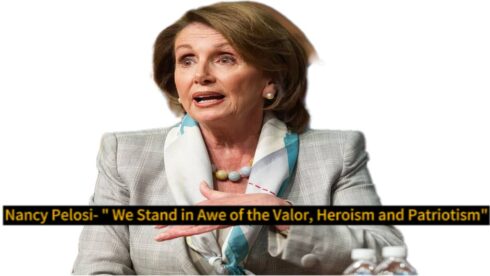
Reactions from Gold Star families and veterans have been deeply divided. Some expressed gratitude for Nancy Pelosi’s insistence that democracy is a living tribute to the fallen. “My son died for freedom,” said one mother, “not for political neutrality.” For these families, Pelosi’s message reinforced the connection between sacrifice and civic engagement.
Others, however, found the tone jarring. One veteran said, “This day is about the uniform, not the ballot box.” Many argue that Memorial Day should remain sacred and insulated from contemporary political discourse. The split in responses reveals a deeper national ambivalence about how best to honor the dead while grappling with an evolving democratic identity.
Media Polarization Amplifies Nancy Pelosi’s Words
Mainstream outlets like CNN and MSNBC praised Nancy Pelosi’s speech as a powerful call to action. Headlines read: “Pelosi Channels Lincoln in Memorial Day Address” and “A Legacy of Freedom Under Threat.” Meanwhile, conservative networks like Fox News and Newsmax painted her as divisive, suggesting she used Memorial Day to campaign against Donald Trump and his allies.
This bifurcated media reaction illustrates America’s fractured information ecosystem. Where one side sees inspiration, the other sees provocation. Experts warn that such media echo chambers distort public understanding and contribute to the weaponization of traditionally unifying moments like Memorial Day.
The Legacy Question—Is Patriotism Being Rewritten?
Nancy Pelosi’s statement has reignited an ongoing debate: what does it mean to be patriotic in modern America? By tying democratic values directly to military sacrifice, Pelosi challenges the notion that patriotism is apolitical. Her remarks push the idea that preserving democratic norms is as essential as defending national borders.
But this redefinition carries consequences. Critics argue it risks alienating Americans who view patriotism through the lens of service, tradition, or faith rather than activism. In a time when political ideologies increasingly clash over basic definitions of freedom and truth, Pelosi’s speech may be remembered not just for honoring the fallen—but for redefining what they fell for.



